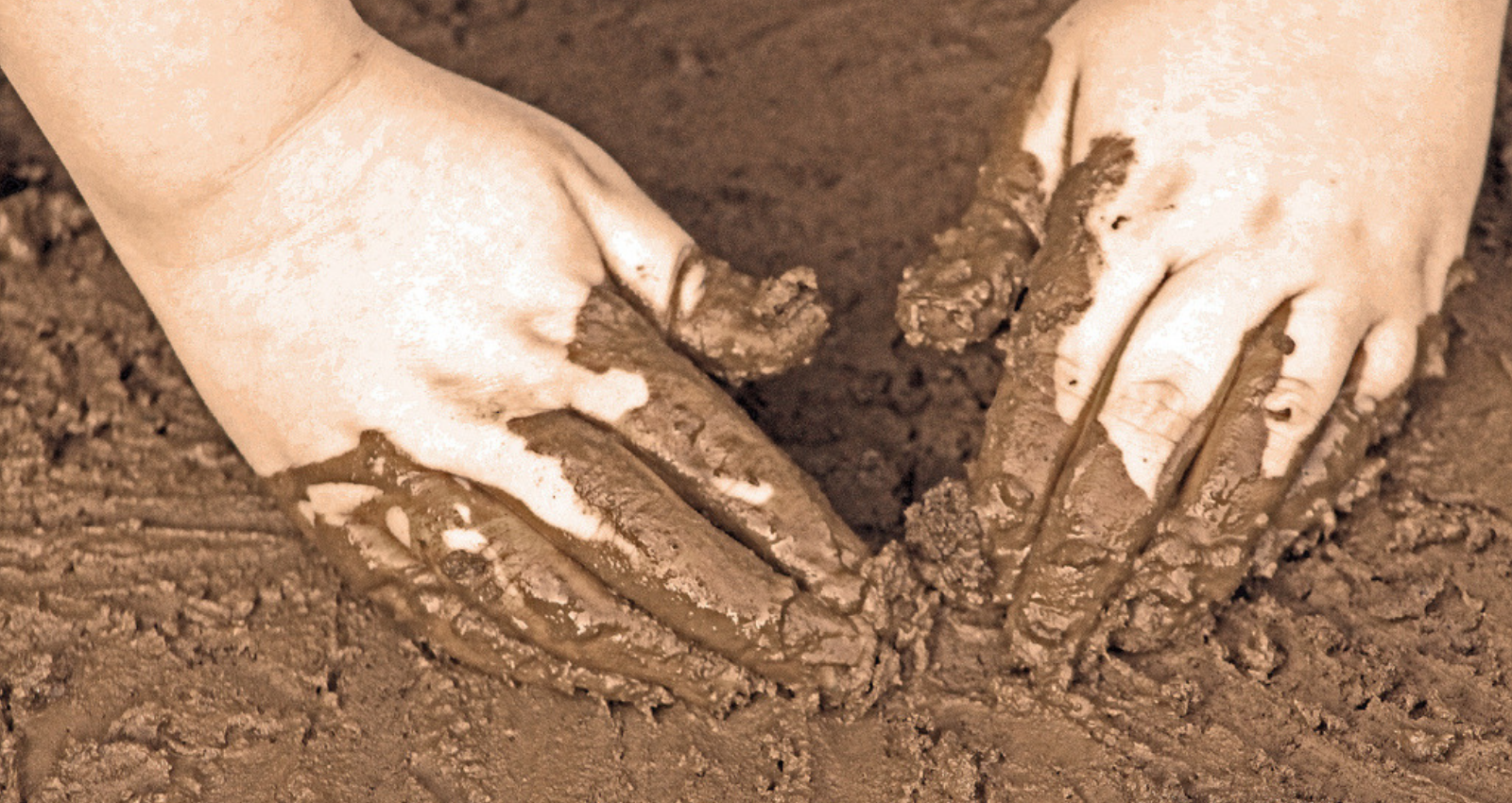
What you need to know about faecal smearing (scatolia) in children
Faecal smearing, medically known as scatolia, is an issue many parents have to learn to cope with. Sometimes linked to autism, dealing with it can cause anxiety for parents. It can be difficult to control how your child acts at bedtime, in social settings, or on days out. It’s important not to feel alone; you’re not the only one going through this. Finding out why your child does it is the first step in overcoming the problem.

Faecal smearing due to sensory issues
If your child isn’t able to find a suitable outlet for their senses, such as playing with paint or playdough, they might smear their faeces instead. This can include situations where your child doesn’t have access to these outlets, such as at bedtime. As a result, they choose to ‘play’ with their faeces instead.
Children with autism can be overwhelmed by their senses, so putting an alternative in place can help to avoid the behaviour. Setting time throughout the day for playing with sensory-stimulating toys can help reduce any urges they might have. If their sleep is still disrupted, there are items you can buy to soothe their senses at night. Specialist bodysuits can also help where they are restricted from putting their hands inside, view our range of adaptive clothing designed to tackle smearing issues in children.
Behavioural problems and faecal smearing
Behavioural causes of faecal smearing can arise for several reasons, including:
- If your child knows that the behaviour will delay events.
- A misunderstanding that they shouldn’t play with their faeces.
- Positive feelings due to the associated feelings of relaxation and happiness.
- They want attention.
It’s possible that smearing faeces may have developed as other ways to get attention, like crying or throwing toys, have stopped working. Some children who struggle with emotional issues may also find it can help them to feel in control.
Tackling behavioural issues
To get your child to stop smearing faeces, an effective first step to take is identifying the behaviour behind their actions. To do this, you can use the ABCs to highlight motivations and triggers:
- A for Antecedent: which situations occur in the lead up to smearing?
- B for Behavior: the behaviour itself
- C for Consequence: what transpires after smearing?
It’s important to avoid reinforcing the behaviour in any way, especially negatively. Positive reinforcement should be used for acts that deserve rewarding, such as tidying up their toys. A negative situation should be given a neutral response and as little attention as possible.
Medical causes for scatolia
Medical causes for developing faecal smearing include infections, or abdominal pain and discomfort. Children will use the act as a way to explore the problem and attempt to alleviate it. Consult with your child’s doctor to rule out medical complications. Ruling out medical causes can be a way to ‘treat’ the condition early on.
A first step you can take towards your child overcoming faecal smearing can be to invest in restrictive clothing. Bodysuits are a great way to restrict access to faeces. The clothing doesn’t compromise on movement or comfort.
Dealing with faecal smearing doesn’t have to be a challenge you face alone. Comfort is our top priority at Special Kids Company. While overcoming complex situations, help your child to be comfortable with our range of non-irritable and adaptive clothing.

